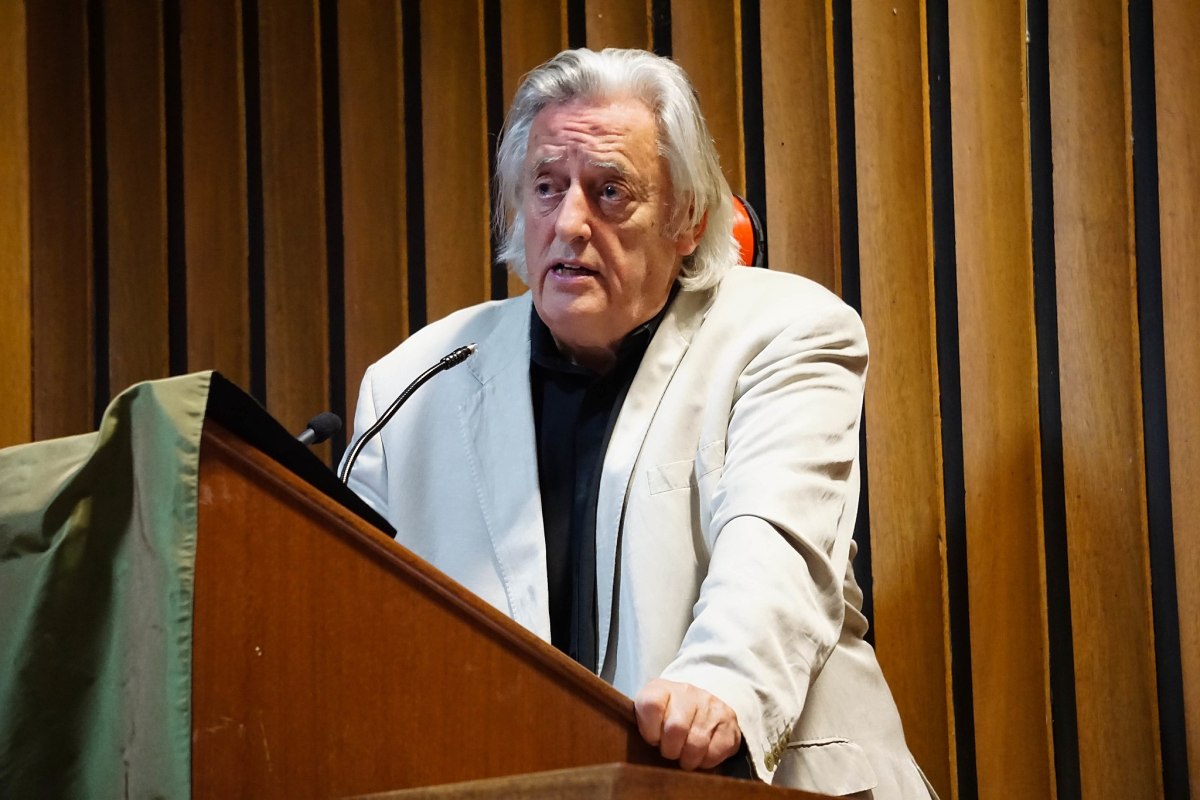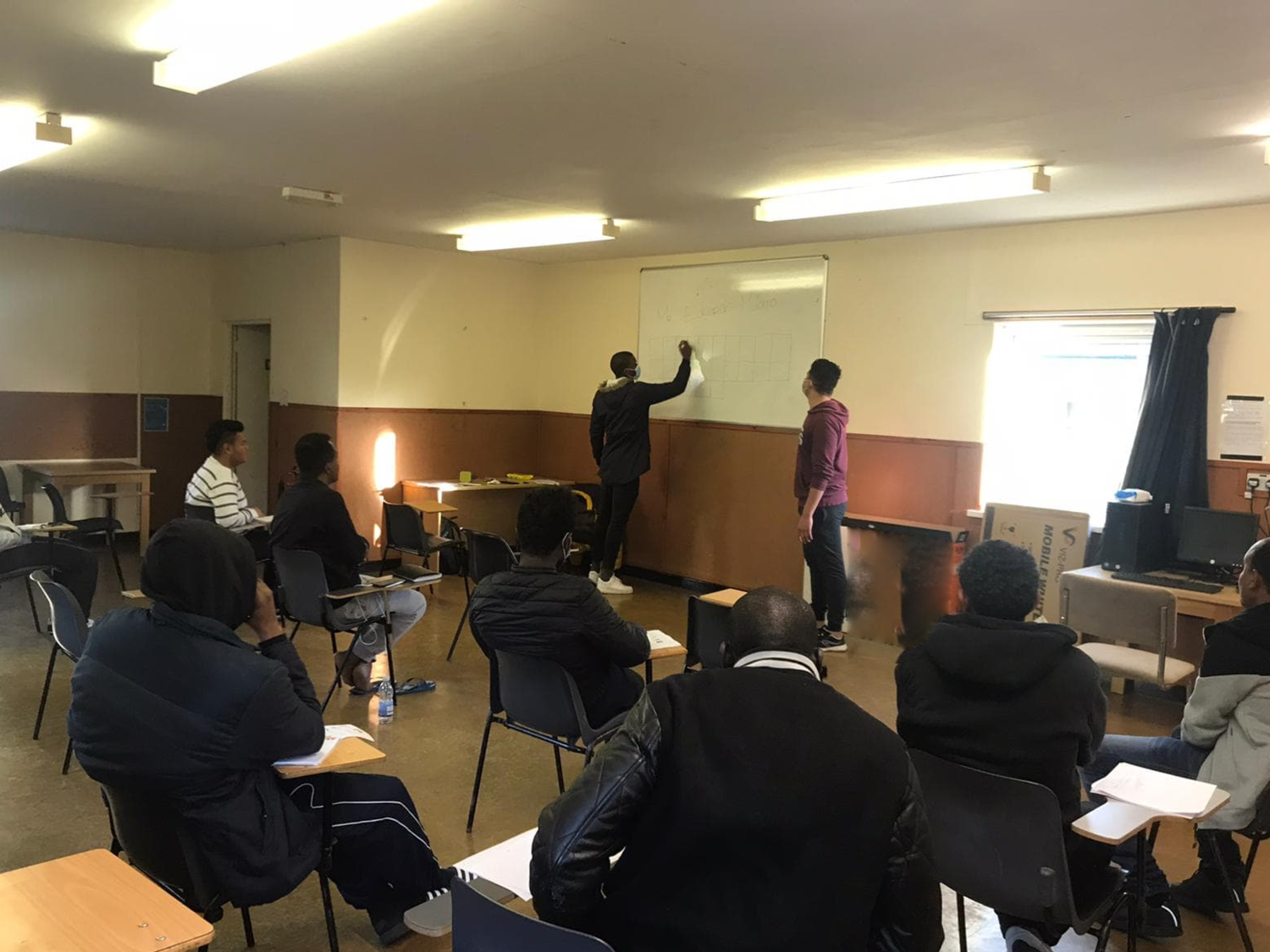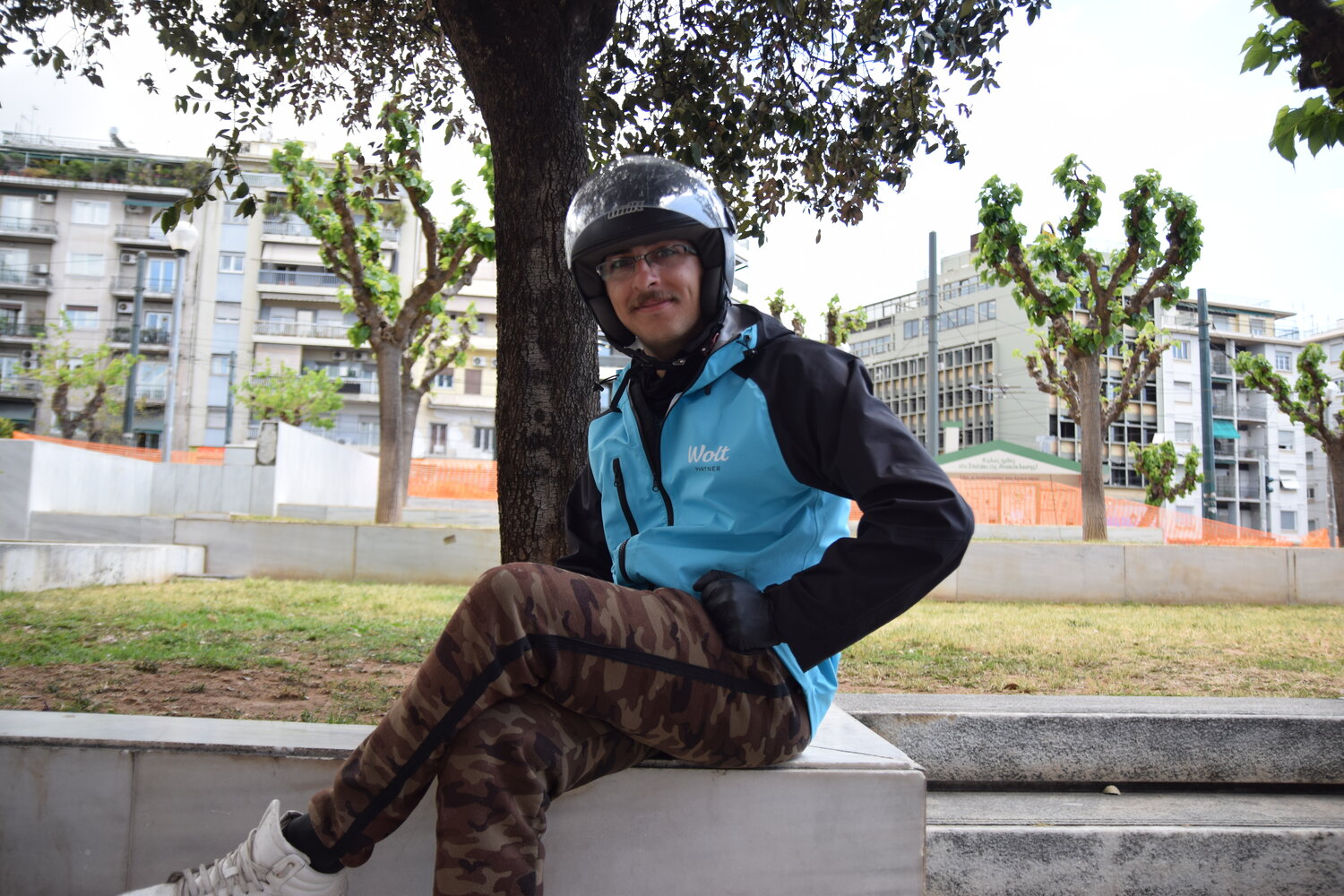
Michael Mansfield Profile: The Courtroom Heavyweight Now Fighting Injustice Cases in Wales
The barrister from Nexus Chambers has been a stalwart in justice battles over a career that has spanned more than 50 years.
He has advocated for people affected by some of the worst crimes of the British state and its police forces in living memory.
Mansfield is now working with both the families of Mohamud Hassan and Christopher Kapessa in south Wales, two cases of racial injustice and the police.
Image: Michael Mansfield QC
The families of Mohamud Hassan and Christopher Kapessa, both fighting high-profile cases against the police and justice system in Wales, have enlisted the help of barrister Michael Mansfield QC, an intrepid human rights lawyer who has been involved in some if the biggest legal fights against the British state and police for the past five decades.
Mansfield has focussed on anti-establishment, often left-wing causes on behalf of the underdog, throughout a career that started in 1967, and labelled himself in his 2009 autobiography a “radical lawyer.”
He has experience fighting against the police and the British state in court for numerous human rights abuses. His major cases include The Birmingham Six, Stepen Lawrence, Mark Duggan, Bloody Sunday, Hillsborough, Jean Charles de Menzes and he has also been involved in the Grenfell justice campaign.
Mansfield’s involvement in not one but two cases in Wales involving the deaths of young Black men and the police is a stark indication of the level of institutional racism within Wales.
Mohamud Hassan died following his arrest in Roath last year. The day after spending a night in the Cardiff Bay police station custody suite, when he was released without charge, he told friends and family that he had been beaten by cops and later died of injuries which the family say he obtained whilst in custody.
In the inquest opening in March last year, Mansfield intervened by asking for the coroner to consider an “update hearing” before December 2021. “The family are very concerned to access the truth and for these matters to be aired properly. Keeping up to date with the process is important to them,” he told the coroner. Even though this was agreed to by the IOPC, the family have not seen any report to date. The full inquest is set to begin in May.
In 2019 death of 13-year-old Christopher Kapessa in Mountain Ash prompted his family to use Mansfield’s services when applying for a judicial review over the Crown Prosecution Service’s (CPS) failure to prosecute anyone over Christopher’s death.
Christopher drowned in the River Cynon surrounded by a group of his white peers and questions were quickly raised as to why he would have entered the water without being able to swim. But South Wales Police ruled out foul play within a day, having to reopen the case under public pressure to then find Christopher was deliberately pushed in. Despite this, the CPS dropped the case, stating it would not be in the public interest to pursue a conviction and citing the suspect’s good school record. Speaking ahead of the High Court hearing, Mansfield told the court that sympathy for the teenage suspect “does not come into” the decision whether to prosecute, adding: “Yes, it [the suspect] is a young person, but as was the person who died.”
Despite tireless campaigning by his grieving family and the legal team, the decision not to prosecute anyone over Christopher’s death was upheld by the High Court.
The cases are not Mansfield’s first legal battles when it comes to racial injustice in Wales, however. .
In 1998 the barrister was part of a legal bid to clear the name of the last man to be hanged in Cardiff, Mahmood Hussein Mattan, for his alleged murder of a shopkeeper in Cardiff Docks in 1952. At the time Mahmood’s own defence barrister described his British-Somali heritage in court as a “this half-child of nature, a semi-civilised savage”. Mahmood was executed just six months later following a prosecution which was later exposed as relying on weak evidence.
Stephen Lawrence
Outside of Wales the barrister played a central role within the public inquiry into the police response from the death of Stephen Lawrence, acting as counsel for the Lawrence family, to question Met top cops on their attitude towards the racist attack.
The inquiry resulted in the publication of the damning Macpherson report which branded the force “institutionally racist”. The following is an excerpt from the inquiry in which Mansfield exposed this truth in the questioning of investigating officer Det Sgt John Davidson:
Mansfield: Did anything strike you about the assault, about the witness statements from people who had been at the scene?
Davidson: In what way, sir?
Mansfield: No, no, no, this is my question: did anything strike you, stand out, when you read those statements?
Davidson: A boy was murdered, a young lad was murdered by four or five other young lads outside a bus stop. What would strike me about that, sir?
Mansfield: I just wondered if it occurred to you that it was a race attack?
Davidson: I do not think in my own mind this was a racist attack. I believe this was thugs attacking anyone, as they had done on previous occasions with other white lads.
Mansfield: I do not want to debate with you about the nature of racism, but do you recognise that thugs who may kill white people for a variety of reasons, but who kill blacks because they are blacks, are committing a racial crime?
Davidson: Yes, sir, I recognise that if they were killed because they were black, that is racist.
Mansfield: That is exactly what this case was about but you refused to recognise it, did you not?
Davidson: I still refuse to recognise it, sir. I am very surprised that anybody knows it is about that, because it has never been cleared up anyway, sir.
DS Davidson was later accused by a BBC investigation of allegedly taking bribes from a father of one of the prime suspects, south-London drug trafficker Clifford Norris, to stall the investigation into Stephen’s killing. Later revelations revealed that the gangster could have had influence over bent Met cops since 1978.
Jean Charles de Menzes
Mansfield also took part in the fight for justice against the Met for two high-profile cop shootings: the killings of Jean Charles de Menzes and Mark Duggan.
The death of De Menezes in 2005 came shortly after the force had been on the hunt for a bungled attempt at a bomb attack on the Underground just weeks after the 7/7 tragedy. Cops trailed De Menezes from his home to Stockwell tube station where he was shot in the head without warning whilst waiting for the train to depart.
His family has spoken out on the missed opportunities that could have saved the life of the 27-year-old Brazilian electrician in a case of mistaken identity. Undercover surveillance officers identified De Menezes as a “IC2 male” moments after he left his house, designating him as caucasian to their control room whilst they were searching for a black “IC3” suspect.
Mansfield, acting as counsel for the family during a 2008 inquest into the death, accused one of the Met triggermen of “grossly exaggerat[ing]” his testimony after claiming he announced himself as armed police as he stormed the tube carriage. None of his colleagues or any members of the public could corroborate this. The jury later found that cops did not shout a warning before killing De Menezes.
More shocking is that the Operation Kratos guidelines being followed that day, formed after the 9/11 terror attacks, gave no requirement for armed officers seeking to incapaciatate a suspect to announce themselves in order to “retain the element of surprise.”
Mark Duggan
The killing of 29-year-old black man Mark Duggan in 2011 by cops sparked riots across London and in several English cities over police racism and brutality. In one of the Met’s most infamous scandals, Duggan was gunned down by officers after apparently collecting a gun whilst riding in a minicab near Tottenham, north London. He exited when cops performed the aggressive ‘hard stop’ manoeuvre and shot just moments later.
Doubts quickly arose as to whether Duggan had a gun in his hands when he was killed, however. Accounts from witnesses said that he had his hands up or that he was holding a phone, whereas the cops said that he was holding the gun and ready to fire. The pistol was later found metres away from his body over a high fence.
But forensic accounts analysing the available evidence has only raised further questions about whether the cops who killed Duggan had actually planted the gun where it was later found.
At the forefront of the subsequent inquest was Mansfield representing Duggan’s grieving relatives. The barrister told the jury that Duggan’s death occured because of “flawed planning, that was in turn based on a failure to assess and implement accurate intelligence because of deficient supervision”.
Mansfield pointed to the officer’s failure to intercept the gun as it was being given to Duggan and that cops had ample opportunity to stop the chance of a shootout “near a busy shopping area” but decided not to.
Other major cases
Mansfield has also fought other human rights cases with a deeply political nature. He was involved in case against the wrongful conviction of the Birmingham Six, a group of Irishmen who were falelsy imprisoned for an IRA bombing they confessed to under torture by West Midlands Police officers.
Mansfied played a similar role in the case of the Guildford Four, who were wrongly convicted of an IRA pub bombing in 1974, after police intimidation and torture. After long campaigns for justice, the convictions were overturned.
Families seeking justice for the 96 Liverpool fans crushed to death during the 1989 Hillsborough disaster sought the QC’s help at the long-awaited 2015 inquest too, resulting in a top cop from South Yorkshire Police found by a jury of being “responsible for manslaughter due to gross negligence” and fans were unlawfully killed.
In January 1972, British army soldiers massacred 26 unarmed civilians, many shot whilst running away or even when they were trying to save others, in the Bogside area of Derry in what became known as the Bloody Sunday Massacre. Mansfield spent four years in Derry working on the case where he represented the victims’ families in the Bloody Sunday Inquiry, which was repeatedly frustrated by the British Ministry of Defence.
Representing victims of the Grenfell fire during the public inquiry, Mansfield has also accused the corporate witnesses involved in refurbishing Grenfell Tower with flammable materials of trying to derail the inquiry.
Ahead of the COP26 Climate Summit in Glasgow last year, Mansfield, also called for new legislation which would criminalize the “wilful destruction of nature,” which he describes as a “crime against humanity.”
The hard-nosed barrister has cut his teeth over many courtroom bouts that have resulted in significant failures of the state being brought to light. The families he is helping in Wales hope that justice will be done here too.


